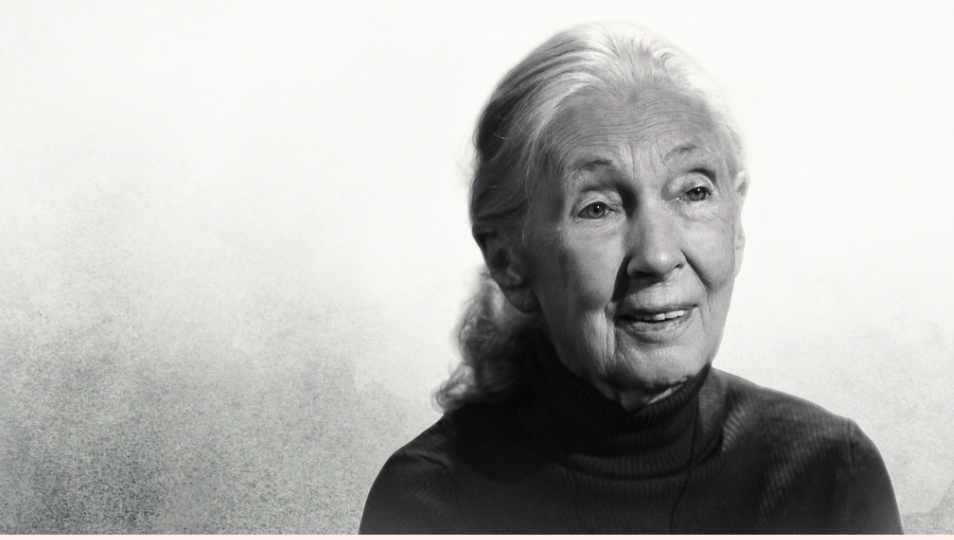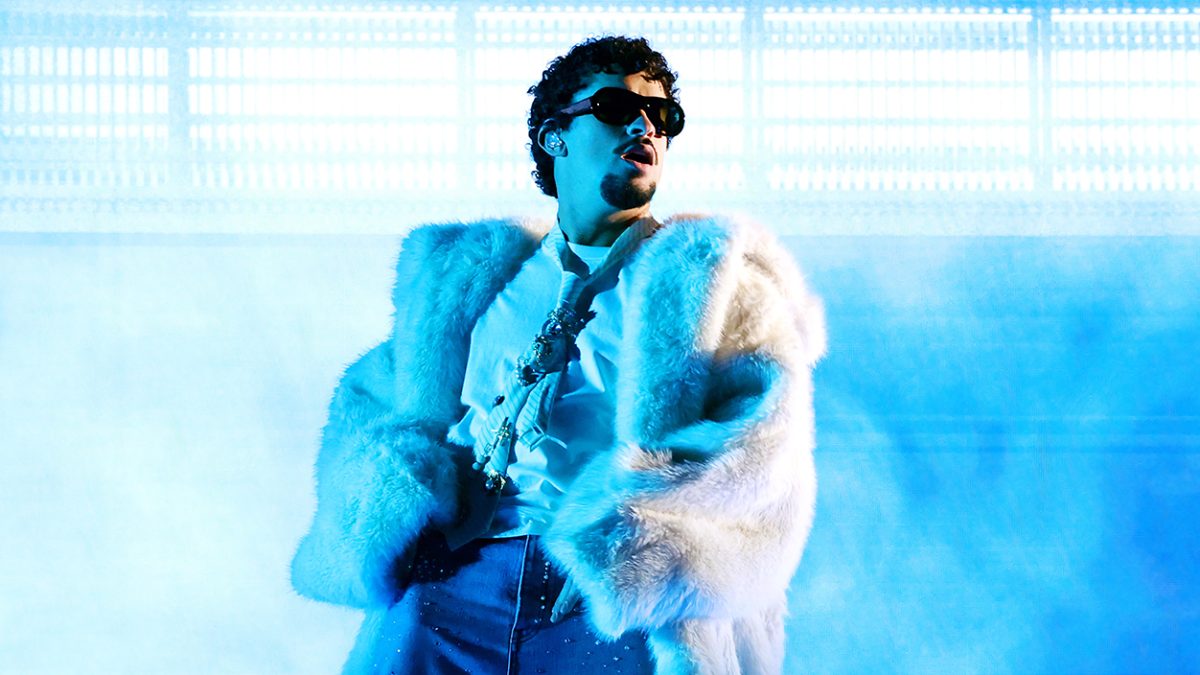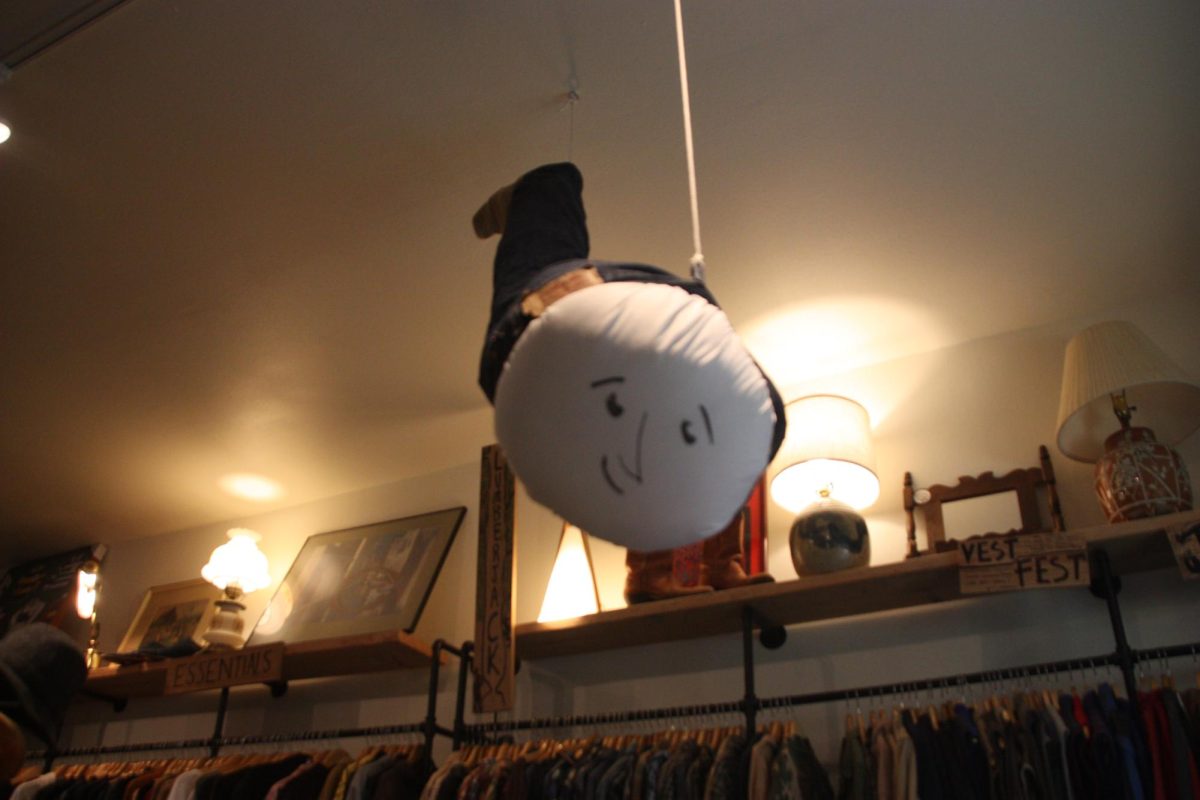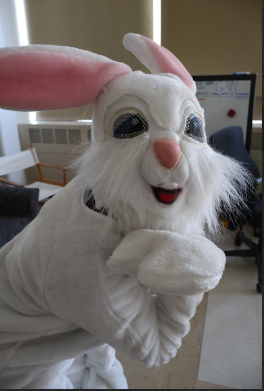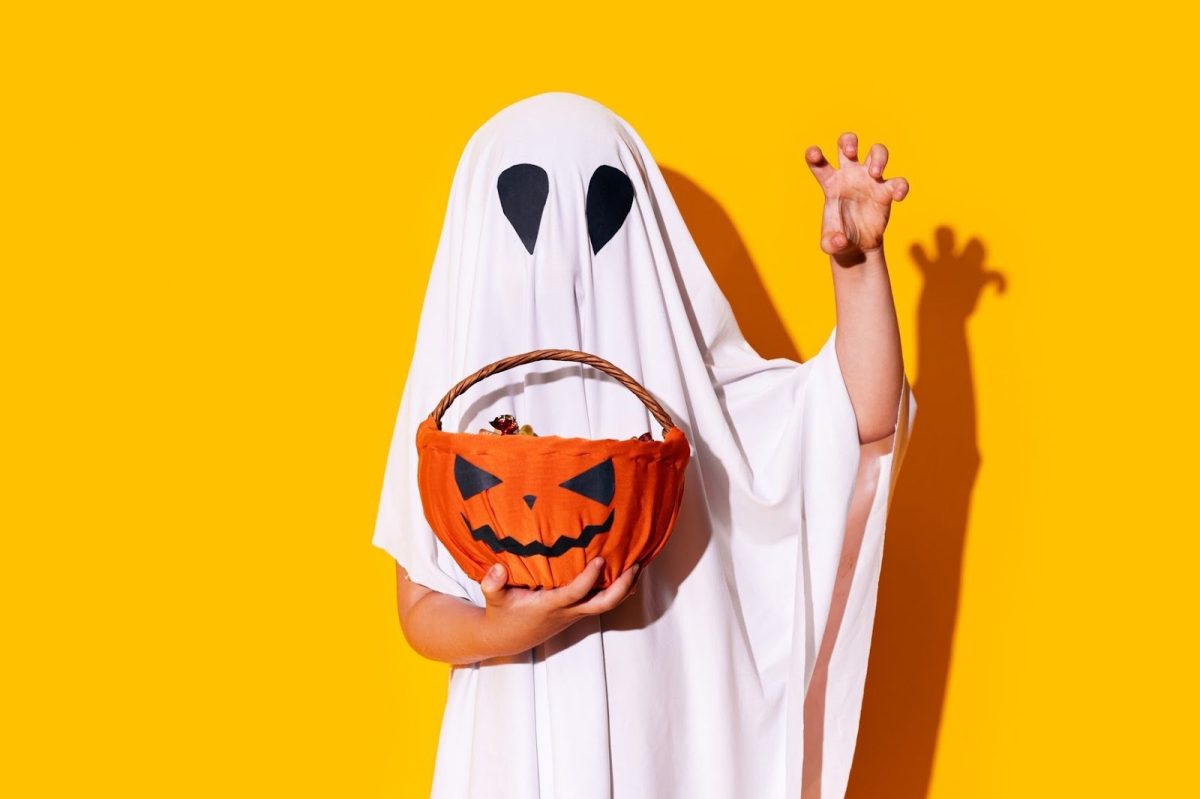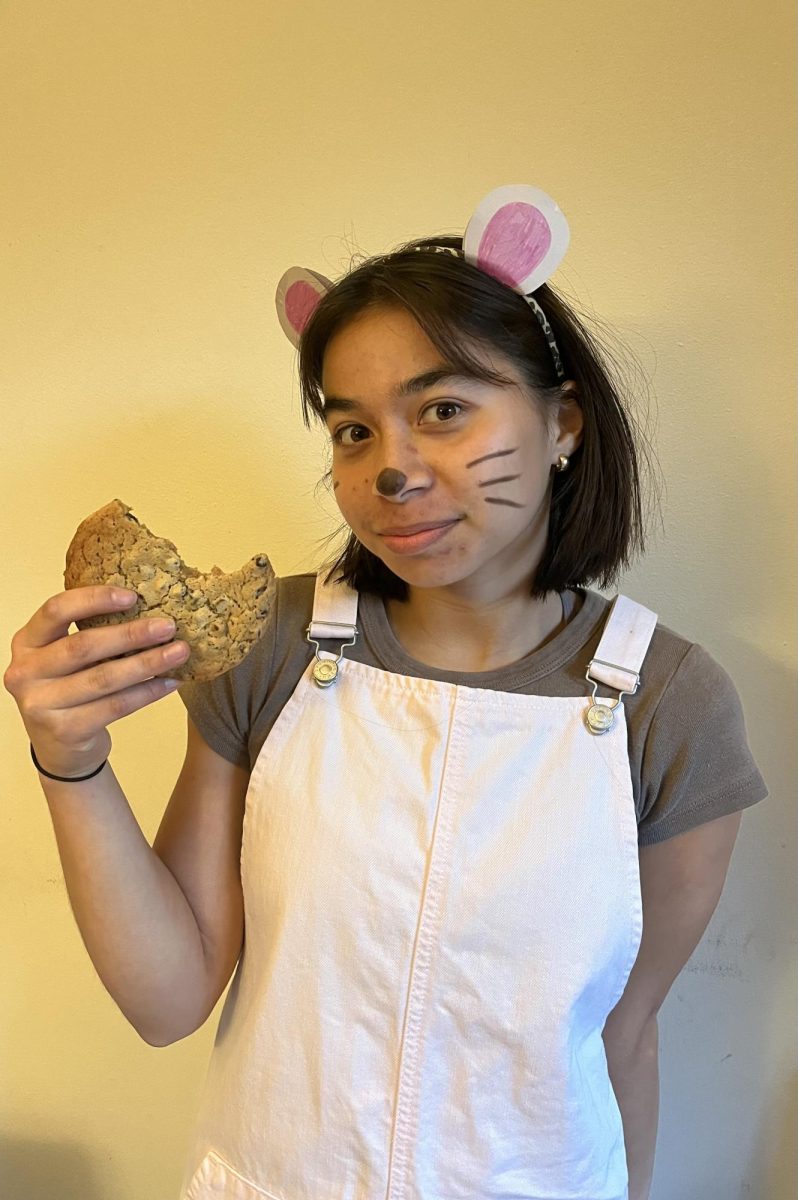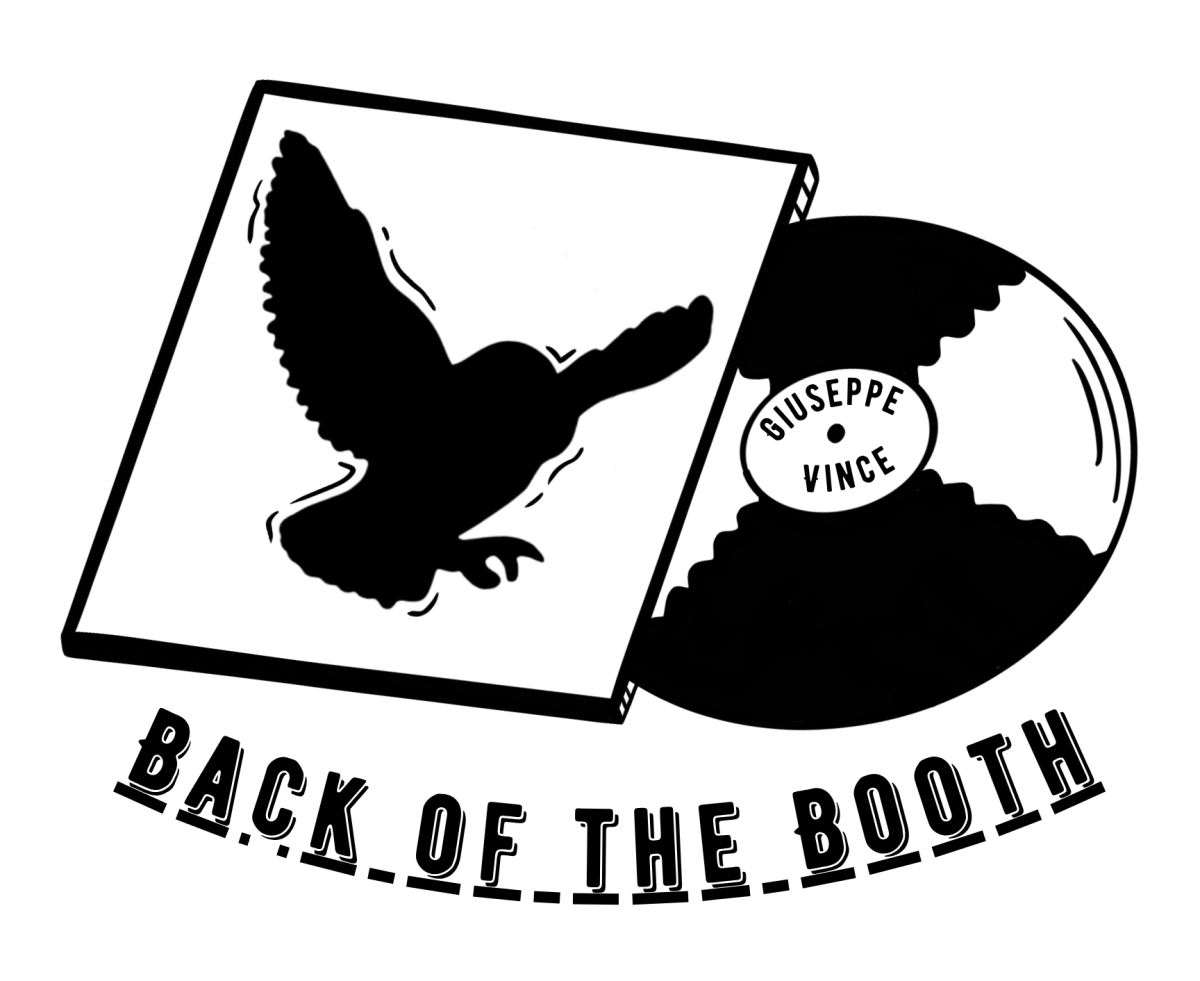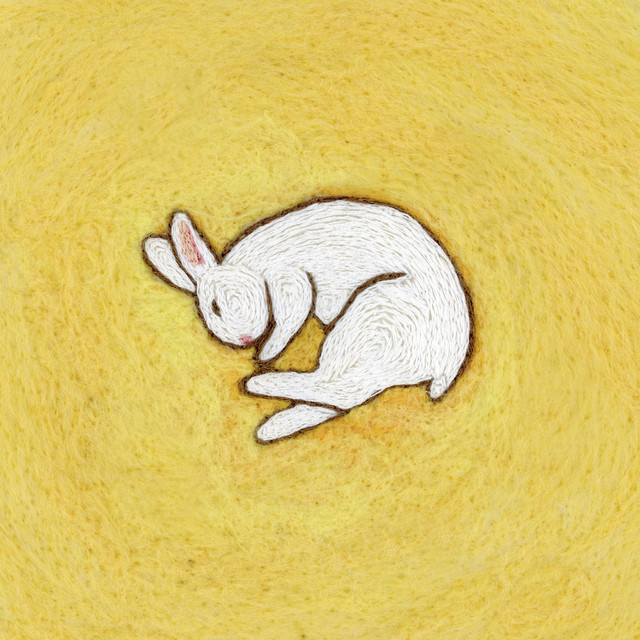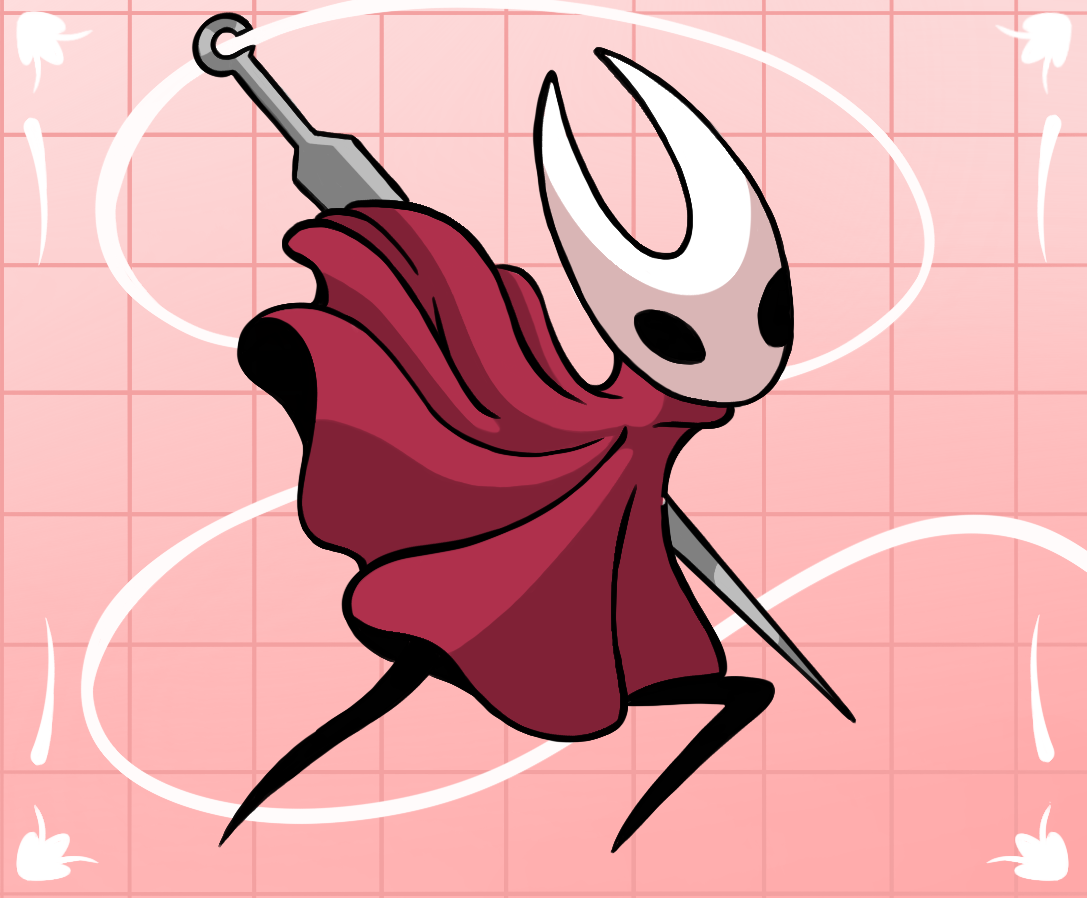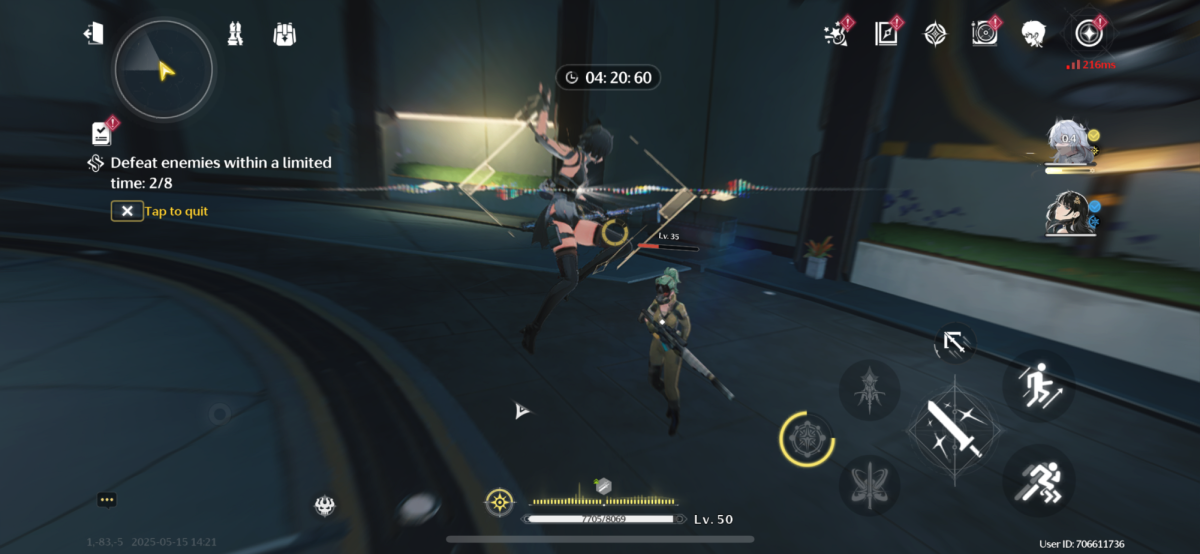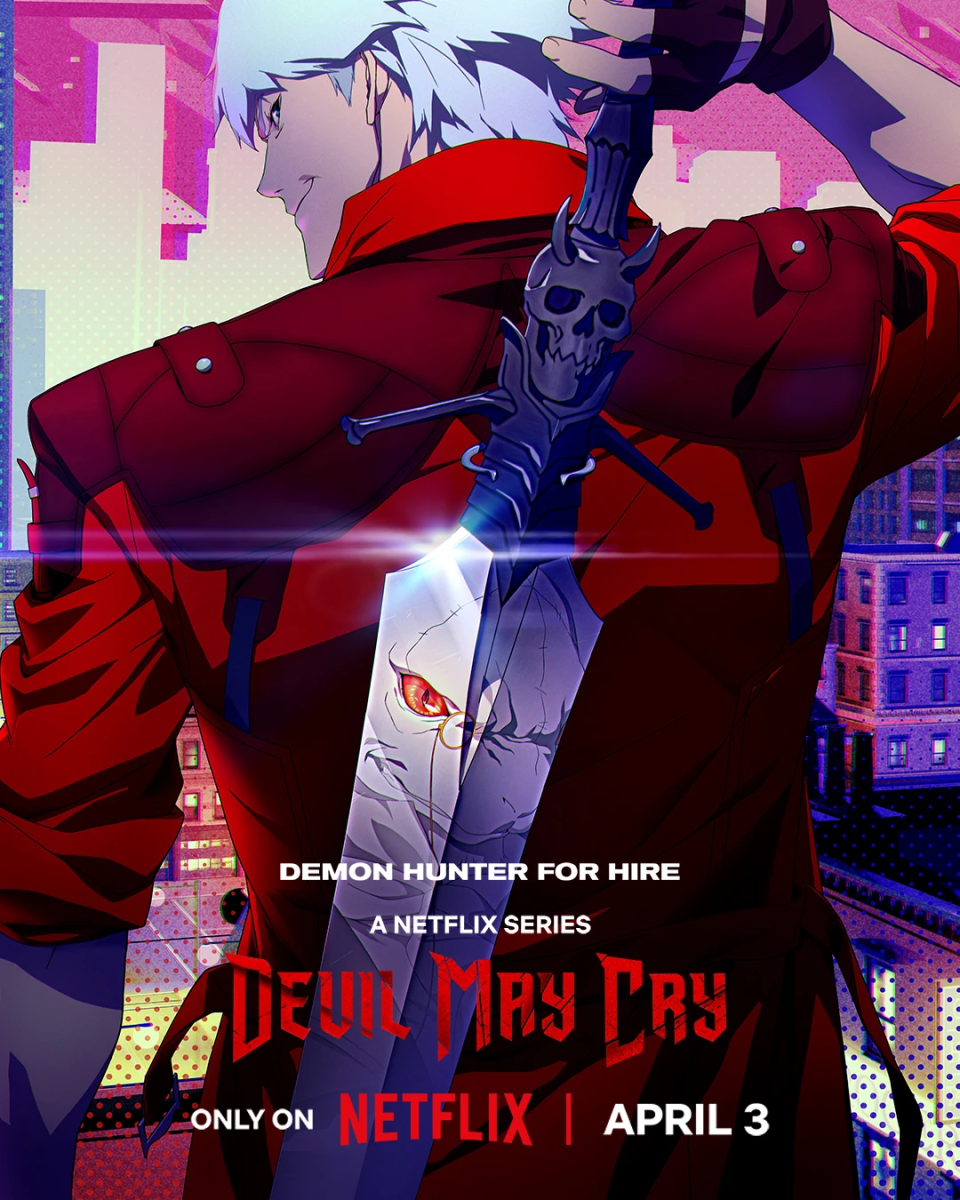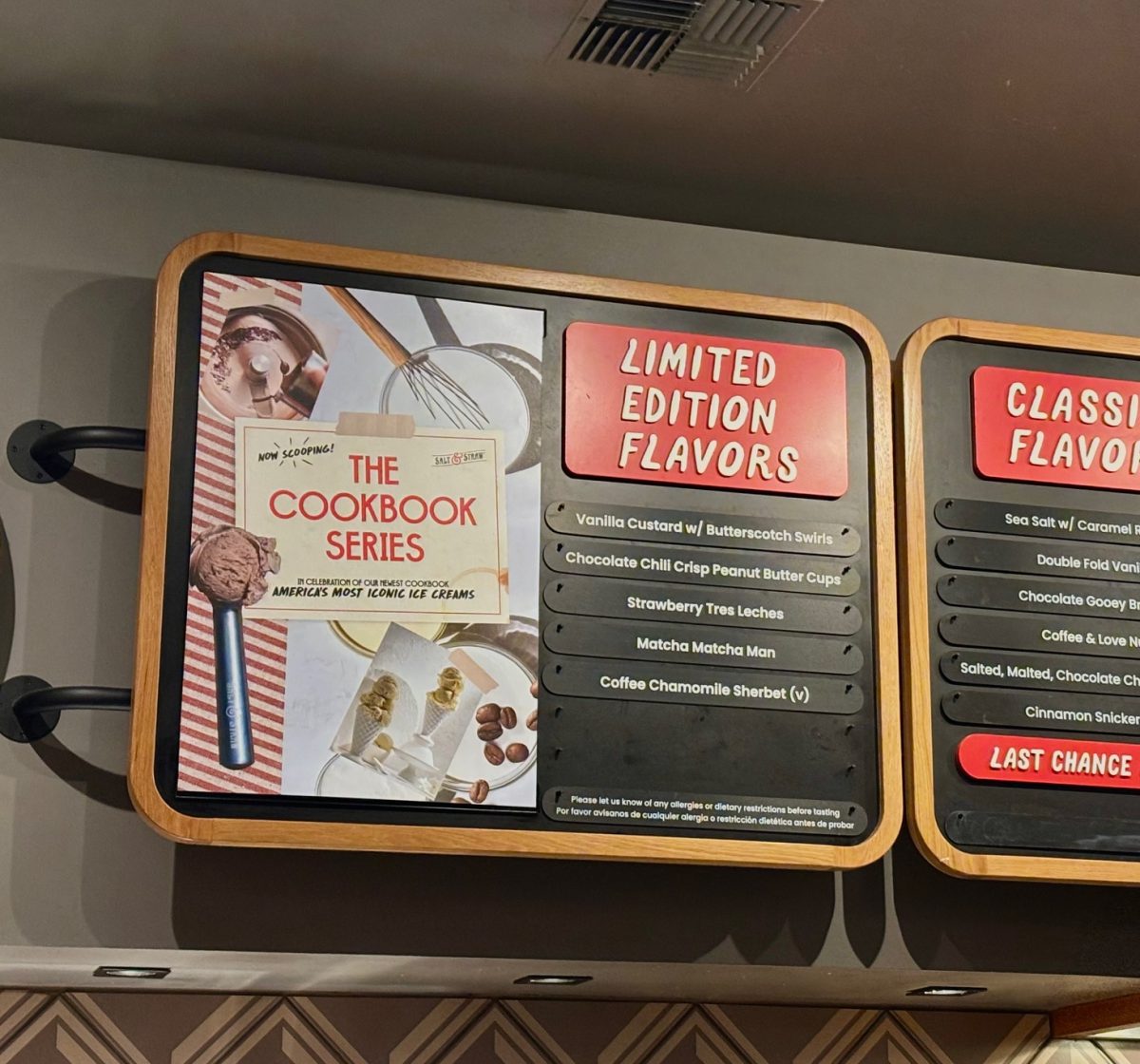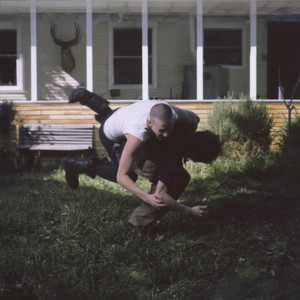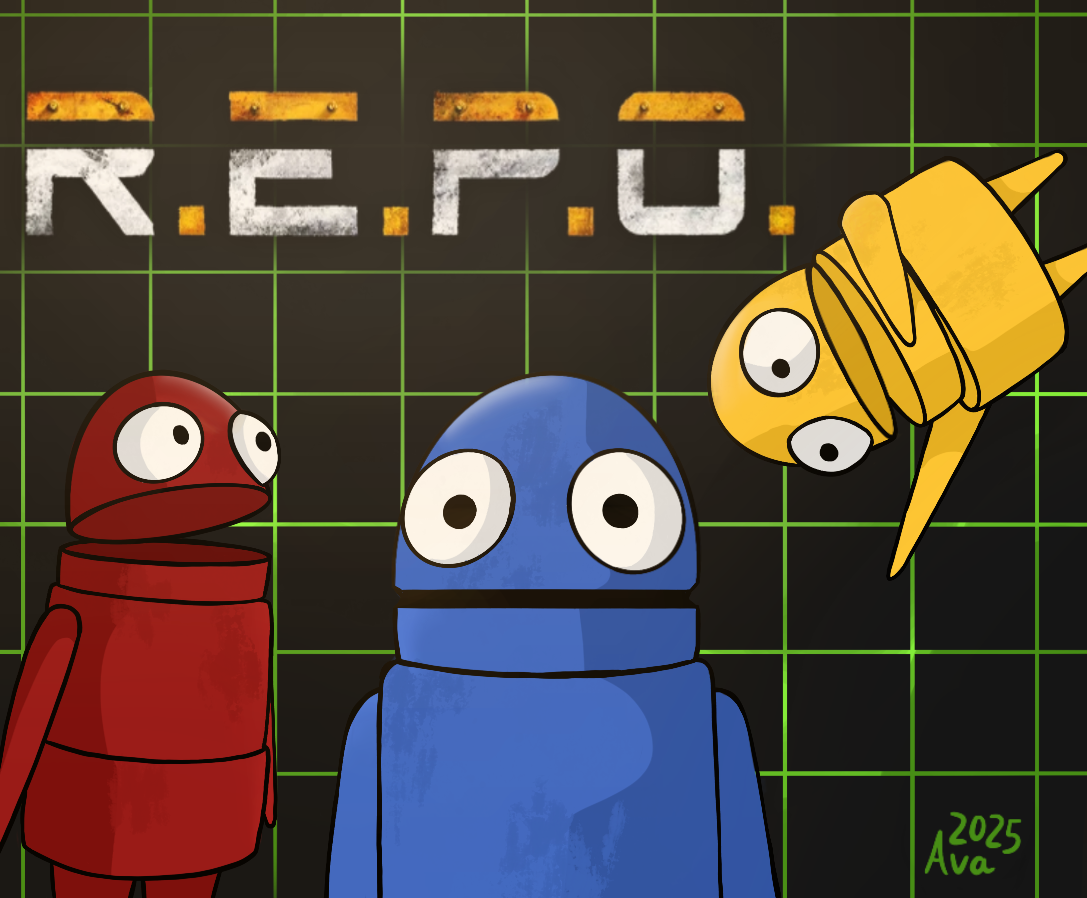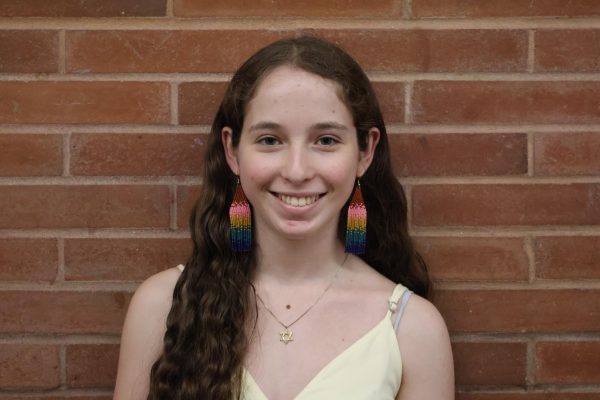In March 2025, world-famous primatologist and activist Jane Goodall sat down for an interview with television writer and producer Brad Falchuk. There was no one else in the room, just five cameras silently filming the conversation for a Netflix documentary.
This interview, which was edited into an hour-long documentary episode, ranged from everything about Goodall’s career to her love life. Yet no one had ever seen it until Friday, Oct. 3, two days after Goodall’s death.
The interview was the first episode of Netflix’s newest series, “Famous Last Words.” It was inspired by a Danish show called, “Det Sidste Ord (The Last Word)” that aired in 2020. The main purpose of the series is to give the world just an hour more of time with dozens of influential figures, to be released only after they have passed away. These figures can discuss anything and everything, knowing that they won’t be alive to hear the consequences of what they say.
“It’s a service to these people to deliver their last words,” says Falchuk, one of the show’s producers. “We’re almost bringing them across the threshold into death. If they don’t want to talk about something, we don’t talk about it.”
There are already at least four episodes that we know of in Netflix’s “Famous Last Words” vault, which means that Goodall was simply the first to pass away of all the people they have interviewed so far. She passed on Oct. 1 during a speaking tour in California at age 91. Goodall was widely regarded as one of the most important scientists of the century, known for her groundbreaking work with chimpanzees in East Africa.
She is most famous for discovering that chimps, a very close relative to humans, are capable of having relationships and using self-made tools. Her research in Africa lasted for 25 years, and afterwards she founded Roots & Shoots, an educational environmental awareness program for youth.
“Goodall was an inspiration, a revolutionary,” says Ida B. Wells teacher, Norman Stremming. “I was upset that her death was overshadowed by all the political upheaval in the world, [since she added so much] to our understanding of humans and human behavior because of her work with primates.”
Goodall brought a toy monkey with her to the interview. She received it 34 years ago while she was still in the middle of her career. The person who gave it to her thought it was a chimpanzee, and it represents her love for the chimps she bonded with during her research in Africa.
Her decision to spend over a quarter of her life bonding with a different species is incredibly foreign to most people, especially in the present where social media and artificial intelligence are rapidly taking over our daily lives. Goodall’s relationship with animals and the environment was often closer than her bond with other humans, and she even mentioned in the interview that she would rather see her favorite chimpanzees than her ex-husbands in the afterlife.
Chimpanzees are one of human’s closest biological relatives and Goodall has observed huge correlations between our species and theirs. In the interview, she explained that there are two types of alphas in both chimpanzees and humans.
“One does it all by aggression, and because they’re strong and they fight, they don’t last very long,” Goodall said. “Others do it by using their brains, like a young male will only challenge a higher-ranking one if his friend, often his brother, is with him. And you know, they last much, much longer.” These observations in the wild gave her valuable insights into the similarities between the two very separate species.
One of the main themes of the interview was Goodall’s perspective on the current political climate. A particularly viral moment from the episode showed her opinions on our current world leaders like President Trump, Elon Musk, Israeli Prime Minister Netanyahu, Chinese President Jingping, and Russian President Putin.
“Absolutely there are people I don’t like,” said Goodall, “—and I would like to put them all on one of Musk’s spaceships and send them all off to the planet he’s sure he’s going to discover.”
At the end of the interview, Falchuk left Goodall alone in the room to give her very final message to the camera.
“Whether or not you find that role you’re supposed to play, your life does matter,” she said. “I can’t tell you what you will find when you leave planet Earth—[but] every single day you live, you make a difference in the world, and you get to choose the difference you make—”
“Above all, I want you to think about the fact that—when we’re on planet Earth, we are part of Mother nature.” During her lifetime, Goodall fought for environmental awareness and made huge leaps in science and the study of animals. She believed that she was put on Earth for a mission, and all of her accomplishments were achieved with determination and destiny.


